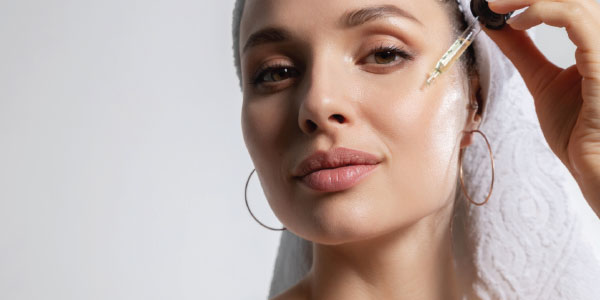
Commentary by Tere Siqueira
As Kansas reopens, it is important to remember that the pandemic is a serious issue. That is why it is important to educate yourself on how to avoid getting infected with the coronavirus (COVID-19).
An important way to educate yourself is by learning the difference between the facts and the myths regarding COVID-19. Manuel Solano, M.D., program director for the Community Health Council of Wyandotte County (Kansas), has uncovered some of the most commonly held but mistaken beliefs about the coronavirus:
*Consuming chlorine will reduce the risk: There are many conspiracy theories around that fact, but drinking chlorine is dangerous. Use chlorine to disinfect surfaces, but do not consume it.
*Hot weather prevents the coronavirus: Hot weather does not prevent the coronavirus. However, history has proved that hot weather reduces the time of life for a virus. The sun has a specific quantity of UV radiation that destroys viruses. More than hot weather, the sun destroys viruses quicker while reducing the possibility of infection.
*Drinking alcohol protects you from COVID-19: Alcohol cannot kill viruses within the body. To say consuming alcoholic beverages will protect you from the coronavirus would be like saying that alcohol protects you from the flu.
*Young people and children cannot get the coronavirus: All age groups can contract it. Fortunately, however, statistics show that most young people recover from COVID-19. Death cases of COVID-19 are linked to chronic diseases, rather than age, and younger people tend to suffer less from chronic diseases. But as this is a new virus, young people are at risk.
One important fact to remember is this: The coronavirus gets transmitted through the air. COVID-19 is transmitted through spit droplets and/or when someone sneezes or coughs. That is why it is important to practice social distancing, avoid touching your face and cover your face when you cough or sneeze.
Stay healthy and take COVID-19 seriously.
_____________________________________________________________________________
Coronavirus: ¿Cómo separar los hechos de los mitos?
A medida que Kansas se reabre, es importante recordar que la pandemia es un asunto serio. Por eso es fundamental educarse en cómo evitar infectarse con el coronavirus (COVID-19).
Una forma importante de educarse es aprendiendo la diferencia entre los hechos y los mitos con respecto a COVID-19. El Dr. Manuel Solano, director del programa del Consejo de Salud Comunitaria del Condado de Wyandotte (Kansas), ha aclarado algunas de las creencias más comunes pero equivocadas sobre el coronavirus:
*Consumir cloro reducirá el riesgo: Hay muchas teorías de conspiración en torno a ese hecho, pero beber cloro es peligroso. Usa el cloro para desinfectar las superficies, pero no lo consumas.
*El clima caliente previene el coronavirus: El clima caliente no previene el coronavirus. Sin embargo, la historia ha demostrado que el clima caliente reduce el tiempo de vida de un virus. El sol tiene una cantidad específica de radiación UV que destruye los virus. Más que el clima cálido, el sol destruye los virus más rápido y reduce la posibilidad de infección.
*Beber alcohol te protege de COVID-19: El alcohol no puede matar los virus dentro del cuerpo. Decir que consumir bebidas alcohólicas te protegerá del coronavirus sería como decir que el alcohol te protege de la gripe.
*Los jóvenes y los niños no pueden contraer el coronavirus: Todos los grupos de edad pueden contraerlo. Sin embargo, las estadísticas muestran que la mayoría de los jóvenes se recuperan de COVID-19. Los casos de muerte por COVID-19 están relacionados con enfermedades crónicas, mas que con la edad, y los jóvenes tienden a sufrir menos enfermedades crónicas. Pero como se trata de un nuevo virus, los jóvenes están en riesgo.
Un hecho importante que hay que recordar es este: El coronavirus se transmite por el aire. COVID-19 se transmite a través de gotas de saliva y/o cuando alguien estornuda o tose. Por eso es importante practicar el distanciamiento social, evitar tocarse la cara y cubrirse la cara cuando se tose o estornuda.
Manténgase sano y tome la COVID-19 en serio.









